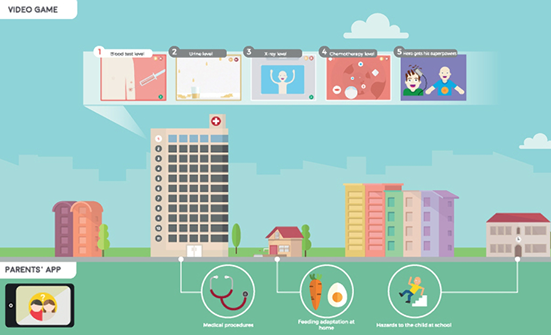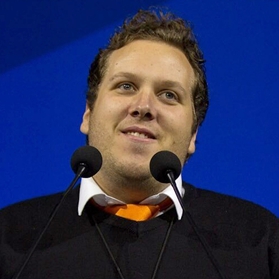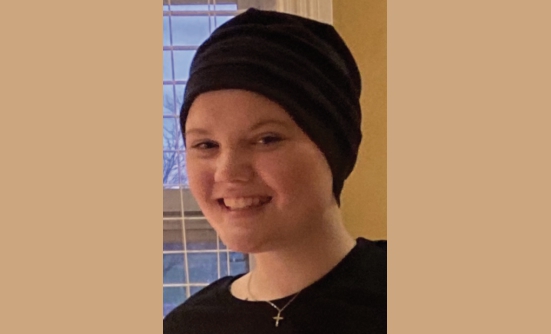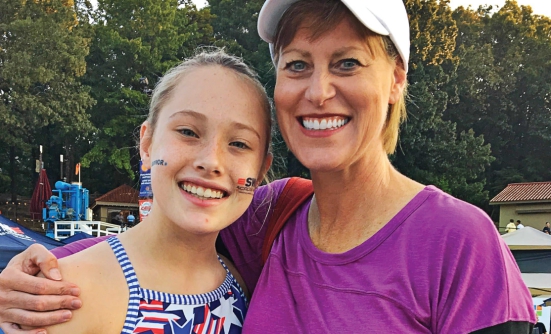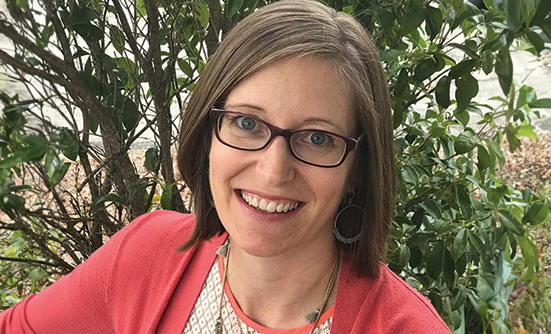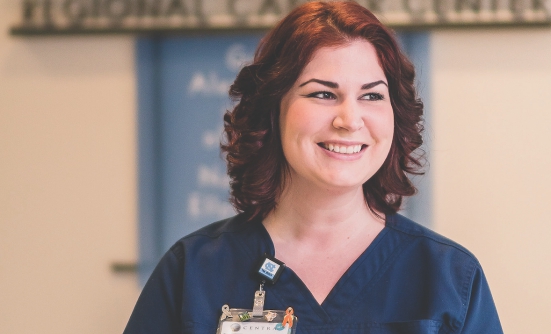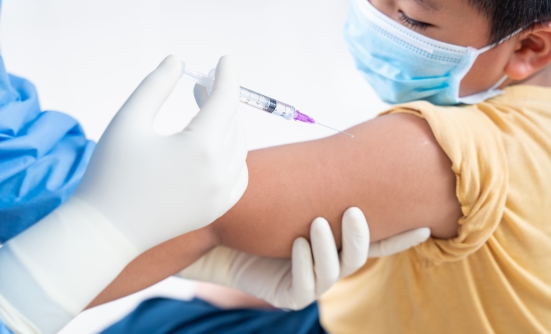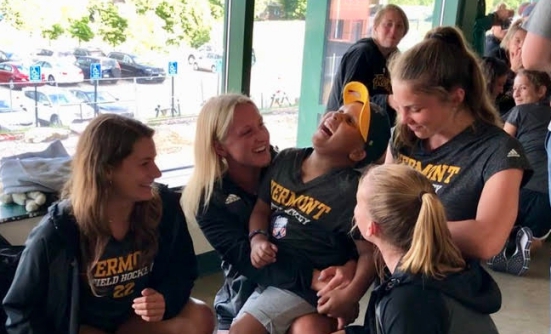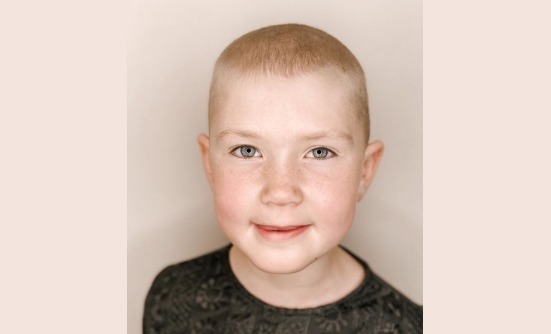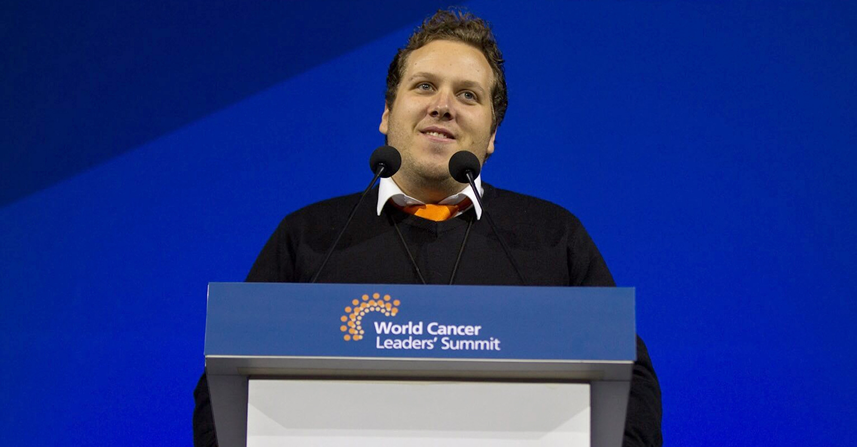
Hernâni Oliveira, Grand Prize winner of the C3 Prize, at the 2017 Union for International Cancer Control World Cancer Leaders’ Summit, Mexico City.
When children are hospitalized during treatment for cancer, they enter an unknown and scary world. But what if there was a way to transport their thoughts to a place a little less scary? To a place where superheroes fight cancer, and they can help by jumping, running, and playing along.
The HOPE PROJECT
At the HOPE PROJECT, that vision is becoming a reality. Our team at the Portuguese Institute of Oncology of Porto has developed an interactive video game for children with cancer to address several issues that arise during treatment.
The main character of the video game is a superhero who fights cancer. The patient playing the game must help the superhero overcome various tasks, which simultaneously teaches children about cancer and prepares them for their own treatment, by improving their physical condition through exercise.
Children who face long hospital stays during cancer treatment are often sad, in part because of the lack of playful and interactive materials available to them, and because of the sedentary lifestyle during this period.
With the help of a small group of psychologists, educators, oncologists, parents of children with cancer, and cancer survivors, the HOPE PROJECT attempted to understand these complex problems and find solutions. In addition, we spoke to children about their fears and concerns about being in the hospital.
The video game we ultimately developed is geared for children aged 6 to 12 years, and it can be played on tablets and smartphones. It is an informational and useful game that teaches topics related to cancer, strengthens the child’s adherence to treatments, and promotes physical activity during hospitalization.
Enhancing Treatment Through Play
When you think of video games, you may have images of kids sitting in front of their television for hours without much physical activity. But that’s not how our game works. Using innovative technology, we are able to transform the camera of a smart device into a 3D camera that can detect a child’s movement. As the kids play along with the main character—a superhero fighting cancer—they are challenged to complete tasks that get them up and moving and prepare them for different scenarios they may experience while they are hospitalized.
An Immersive Experience
For example, to help children practice staying calm and remaining still during radiation treatment or x-rays, the video game requires the players to stand as still as possible until the camera on their device detects a body part for 5 seconds.
During another part of the game, the player “enters” a blood vessel and uses it to destroy cancer cells. The blood vessel starts off low, so the player must physically jump in real life to reach the cancer cells and kill them. The smart device can recognize the child’s movement, and as the child jumps, he or she progresses from one cancer cell to another. That’s how the kids get physical exercise, and also understand their disease and how their treatment is helping to fight it.
We’ve found that children identify with the superhero characters, especially because we designed the characters to experience some of the same struggles children undergoing cancer treatment may experience. For example, in the beginning of the game, players can shave their superhero character’s hair, which gives them an extra power while fighting cancer. We know how difficult it can be for children when they lose their own hair, so our hope was to transform this new vision of themselves from someone they don’t recognize to someone who looks like a superhero in their minds.
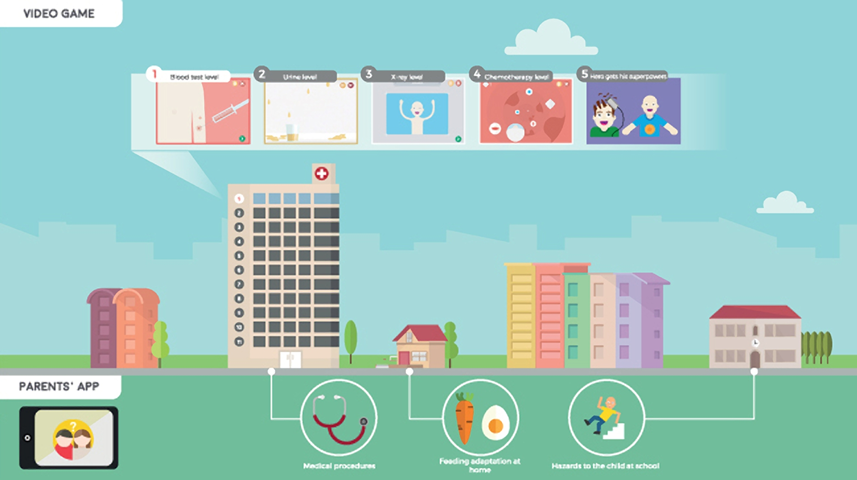
The video game aims to engage and educate pediatric patients with cancer. Image courtesy of HOPE PROJECT.
Helping Parents and Caregivers
In addition to this video game, we found it important to address the informational concerns of parents and caregivers. Our team created a companion application to increase cancer literacy and guide caregivers through the treatment process of their loved ones.
Medical procedures and important information, spanning from hospitalization to transitioning back home, are explained with infographics and diagrams. We address all topics, from questions about talking with your child about cancer to what foods your child can eat.
A Professional and Personal Passion
It has always been my goal to help improve the health literacy of people struggling with disease, particularly cancer. My education focused on biology and molecular oncology, but I also spent time conceptualizing ideas that could help people understand how to merge the worlds of oncology and communication. I even pursued another degree in journalism to learn more about communication techniques but was unable to devote much time to that.
Recently, I was awarded a scholarship to pursue a Ph.D. and thought I finally would get resources to complete this passion project. However, during the first year of my Ph.D. studies, I was diagnosed with cancer. It was a bit surreal to undergo treatment for lymphoma in the same hospital where I was a student before.
It would have been easy to put the project on the back burner again, but I refused to be a hostage of my disease. It was more important now than ever to be able to bridge the gap between medicine and communication resources.
I used the time I had during chemotherapy to conceptualize and develop the HOPE PROJECT. Battling cancer gave me the personal experience needed to understand what the treatment process was like, and how to best approach it. It’s interesting to see how much my perspective on cancer has changed now that I am a survivor. What I have learned has made the project that much better.
In November 2017, just 1 year after my diagnosis, the HOPE PROJECT won the Grand Prize of the 2nd annual Astellas Oncology Changing Cancer Care (C3) Prize, a global contest that supports non-medicine innovations that address real problems facing patients with cancer and their loved ones. It cemented the idea that this is the kind of work I want to do with my life. I am also happy that my cancer is in remission.
What’s Next for the HOPE PROJECT?
Our video game is designed to take place in 3 different settings—hospital, home, and school—because those are the environments pediatric patients with cancer are most likely to experience.
After leaving the hospital, most children will have to continue dealing with cancer in some capacity at home, which can have new challenges. In the “Home” scenario of the video game, children deal with new obstacles, such as hygiene and nutrition.
When children return to school after cancer treatment, they often face difficult situations. The “School” scenario of the game helps to raise awareness of the daily possible hazards that could compromise children’s health as they return to school, as well as how to talk with classmates about cancer.
We currently have a prototype of the video game for the “Hospital” scenario, and we have to complete the home and school prototypes. We hope to have all 3 scenarios completed by the end of 2018 and launch the video game, for free, so as many children as possible can learn from it. We are going to translate our project into English, French, and Spanish and have it available worldwide in 2019.





